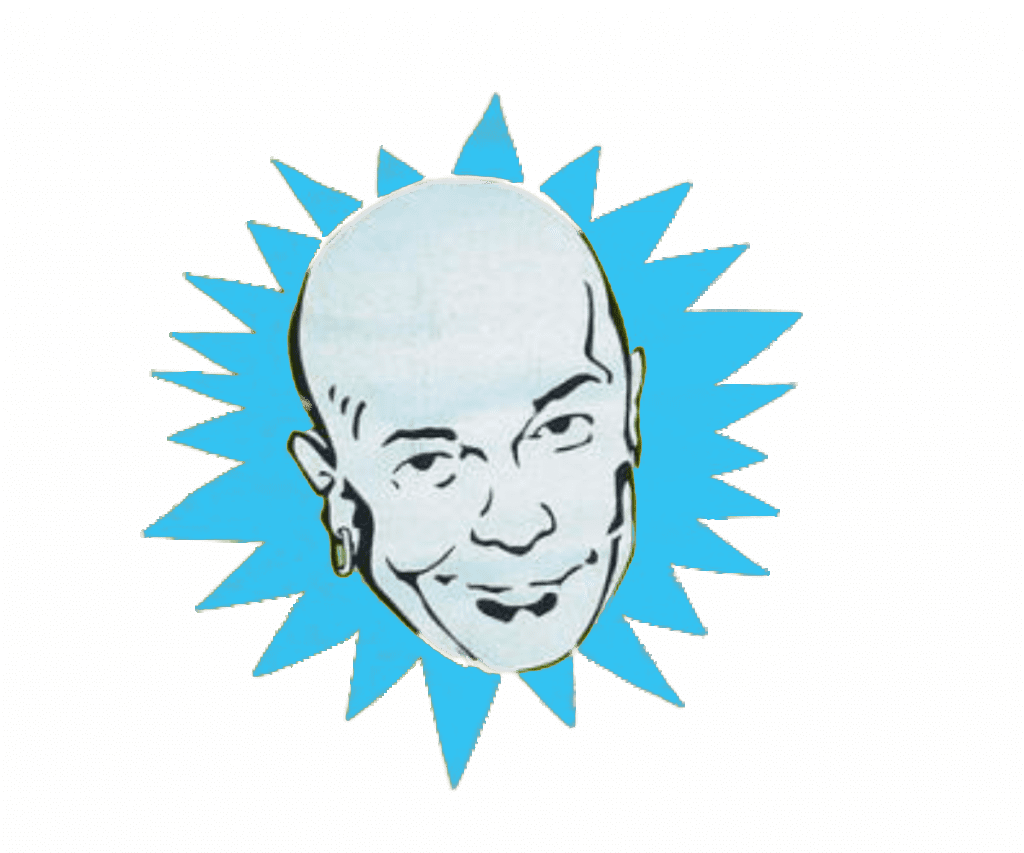Ted Bell, feeling maligned and taken advantage of, ripped into Phil tonight for calling for some information and not offering to throw in a free commercial for Ted's Of Beverly Hills. Ted then used as his excuse for the meltdown some story about him being blackmailed by a former Army buddy who he claims he had a gay affair with. Then, after Bud spilled the beans, Ted turned the whole thing on its head and told everyone he was kidding, that he's seen a movie called "Advise and Consent" the night before with a similar plot development. Steve Bosell was brought on the show to tell about the night he went dancing with his male friends, even slow dancing, but was thinking about his wife April all night." Frank Grey's gender confusion was in overdrive as he talked about Burt Lancaster, Kirk Douglas and his dear friend George Reeves whose scenes in "From Here To Eternity" were cut down considerably. "She was one of a kind and to cut her out of that 'from here to hell and back' or whatever it was a called was a great disservice to her.









